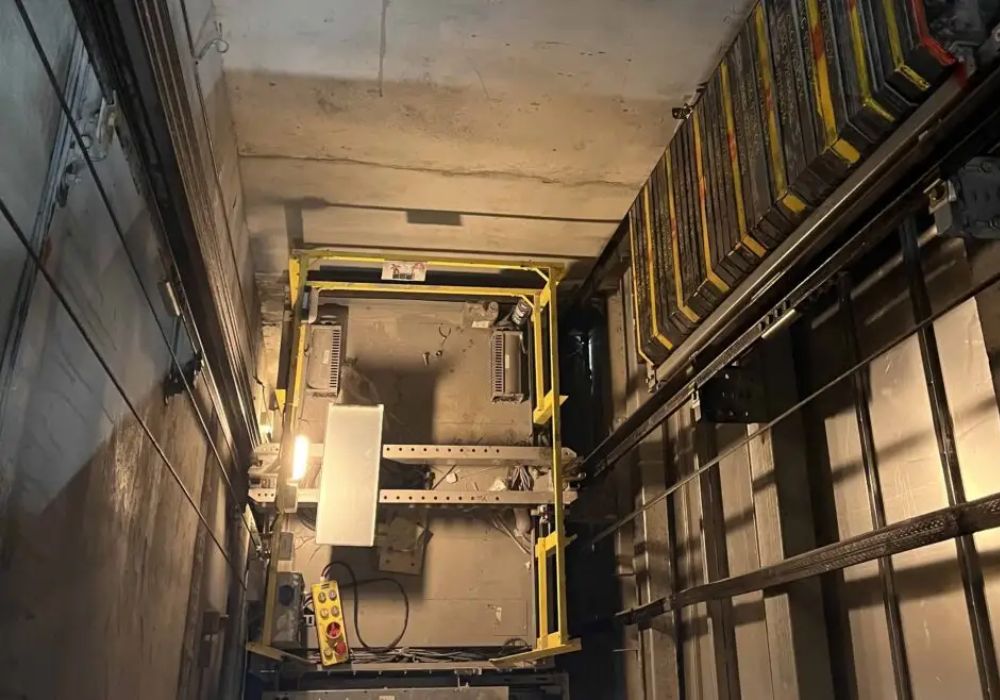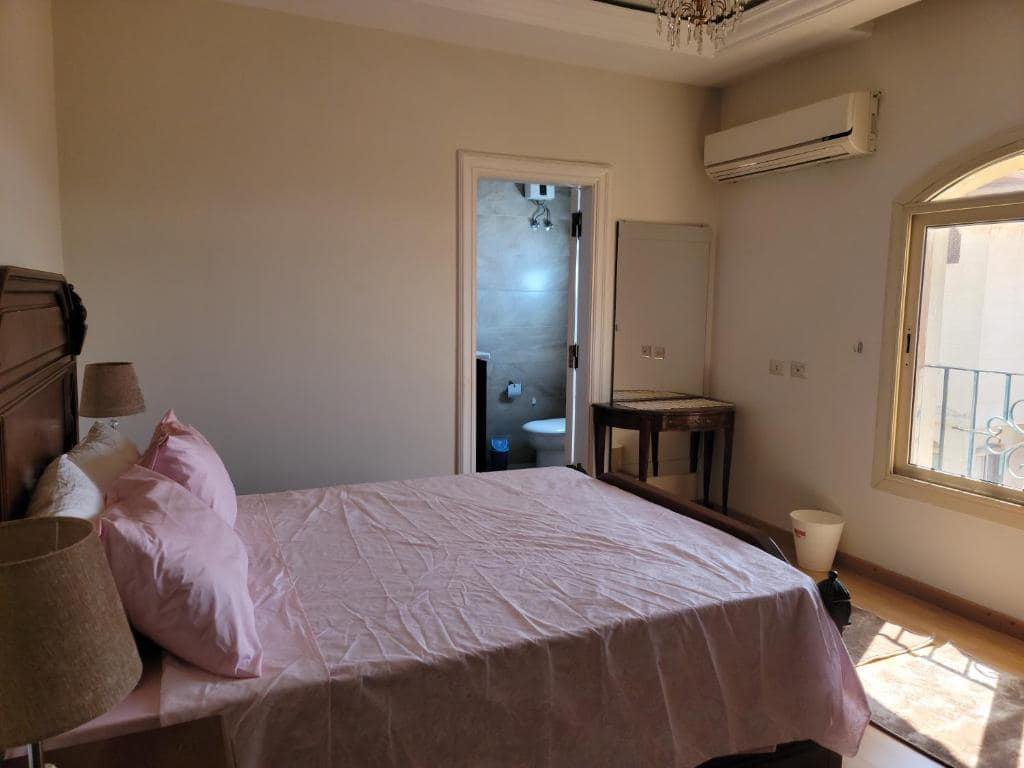When renting an apartment, one common question renters have is whether major appliances like a fridge will be provided, or if they will need to supply their own. Let's take a closer look at this issue.
Does the apartment come with a fridge?
In most cases, yes - apartments will come equipped with a basic refrigerator. Property managers understand renters need a fridge for food storage, so it's become standard for landlords to include at least a partial-size or full-size refrigerator with a rental unit.
Check your lease documents to confirm if a fridge is included or if you'll need to arrange your own. Larger luxury apartments may come with higher-end fridge options as well.
What type of fridge will be provided?

Most apartments come with a standard bottom-mount or side-by-side refrigerator in the 15-18 cubic foot range. These cover basic cooling and food storage needs. In newer complexes or high-end buildings, you may find larger French door or sub-zero style fridges. It's less common for very small studio or efficiency apartments to include a fridge, so be sure to clarify ahead of time.
Landlords prefer to supply basic appliances to maintain a consistent, quality living standard across rental units.
Will an ice maker or water dispenser be included?
Unless explicitly stated, assume any fridge provided will not have extra features like an interior water dispenser or automatic ice maker. Those conveniences usually require plumbing or electrical hookups that landlords prefer not to take responsibility for. You can always check with management about upgrading to a fridge with more bells and whistles, but expect to pay extra rent or fees.
Built-in appliances are also uncommon, as portable units allow for easier maintenance and replacement if needed.
What kind of condition will the fridge be in?
Landlords have a responsibility to provide appliances, including fridges, in good and safe working order. However, age and regular use will affect appliance condition over time. Expect potential repairs may be needed more frequently on an older fridge versus a new model. Make note of any existing wear and tear or problems with the provided fridge during your move-in inspection.
This way, you won't be held accountable for pre-existing issues down the road.
Can I replace the fridge if I want?
Tenants can generally swap out the landlord's fridge for their own personal unit, but policies vary. It's best to get approval in writing if making any permanent changes to amenities included with the rental. You may need to return the space back to its original condition upon move-out. Landlords want to maintain control over property assets.
As long as your replacement meets safety standards and doesn't damage the space, upgrades are sometimes allowed with permission.
Am I responsible for repairs?
Tenants typically don't bear responsibility for repairing landlord-provided appliances like refrigerators if they stop working, as long as the issues weren't caused by tenant negligence. However, repairs can take time to complete depending on part availability or repair technician schedules.
The landlord may try to replace or fix within 14 days, but this isn't always possible. Compensation or a temporary alternative fridge may be provided if an extended repair significantly impacts a tenant's use of the property.
What happens if the fridge breaks upon move-out?
Before moving out, tenants should thoroughly clean any landlord-provided appliances and return them to the rental in similar condition as received, minus normal wear and tear. Landlords may charge for replacement cost if tenants damage property beyond repair. Importantly, make sure to document the appliance condition thoroughly during move-in and move-out inspections.
This establishes a record to support whether any replacement fees assessed are fair based on the appliance's lifespan in the unit. Honest wear should not be misconstrued as tenant-caused damage.
Conclusion
In conclusion, while policies can vary, renters can generally expect apartments to be equipped with at least a basic refrigerator suitable for food storage needs. Clarify specifics with your landlord or property manager up front. With open communication and properly documenting appliance condition, tenants and landlords both can feel secure in their appliance responsibilities throughout a rental term.





